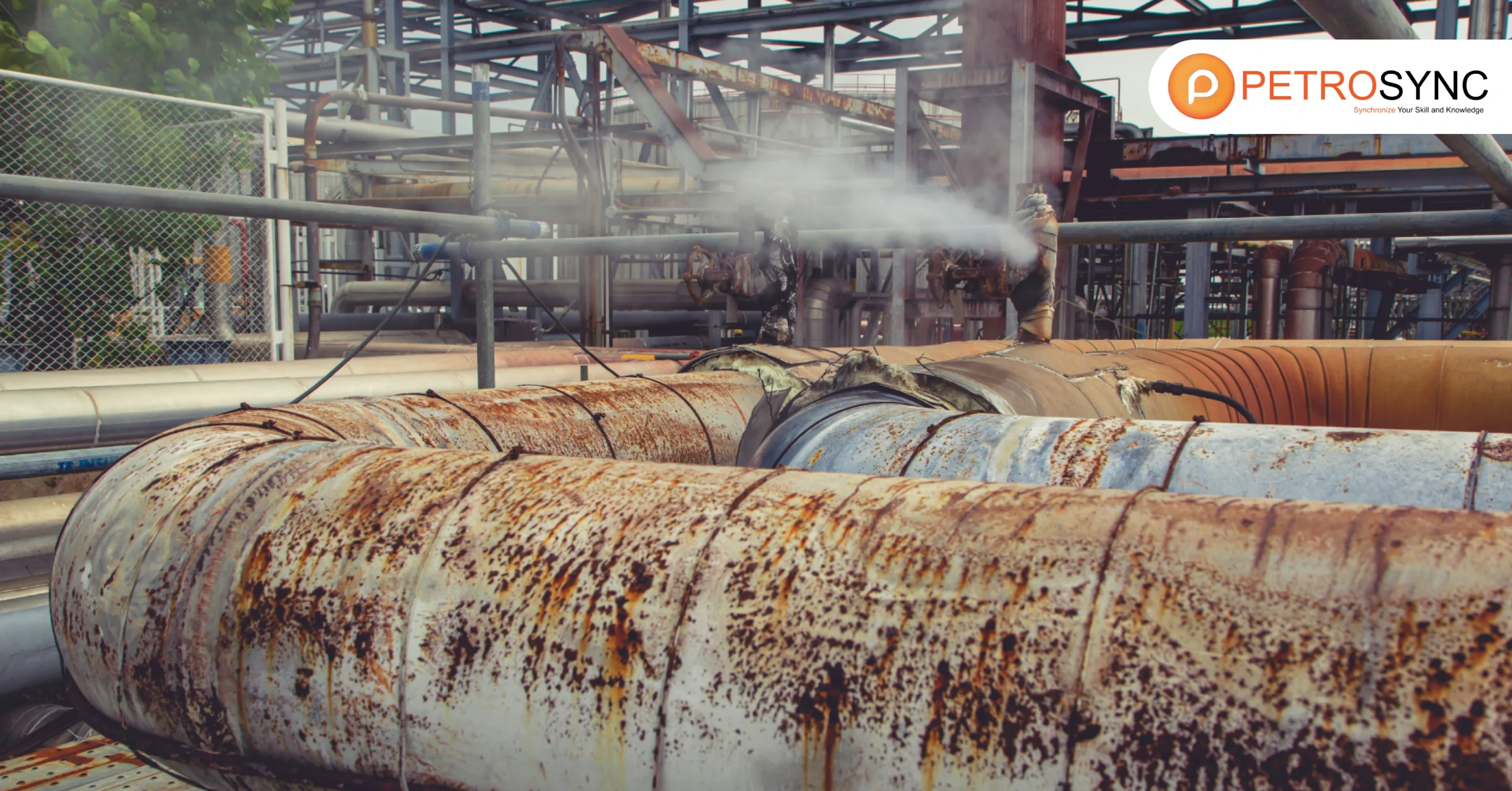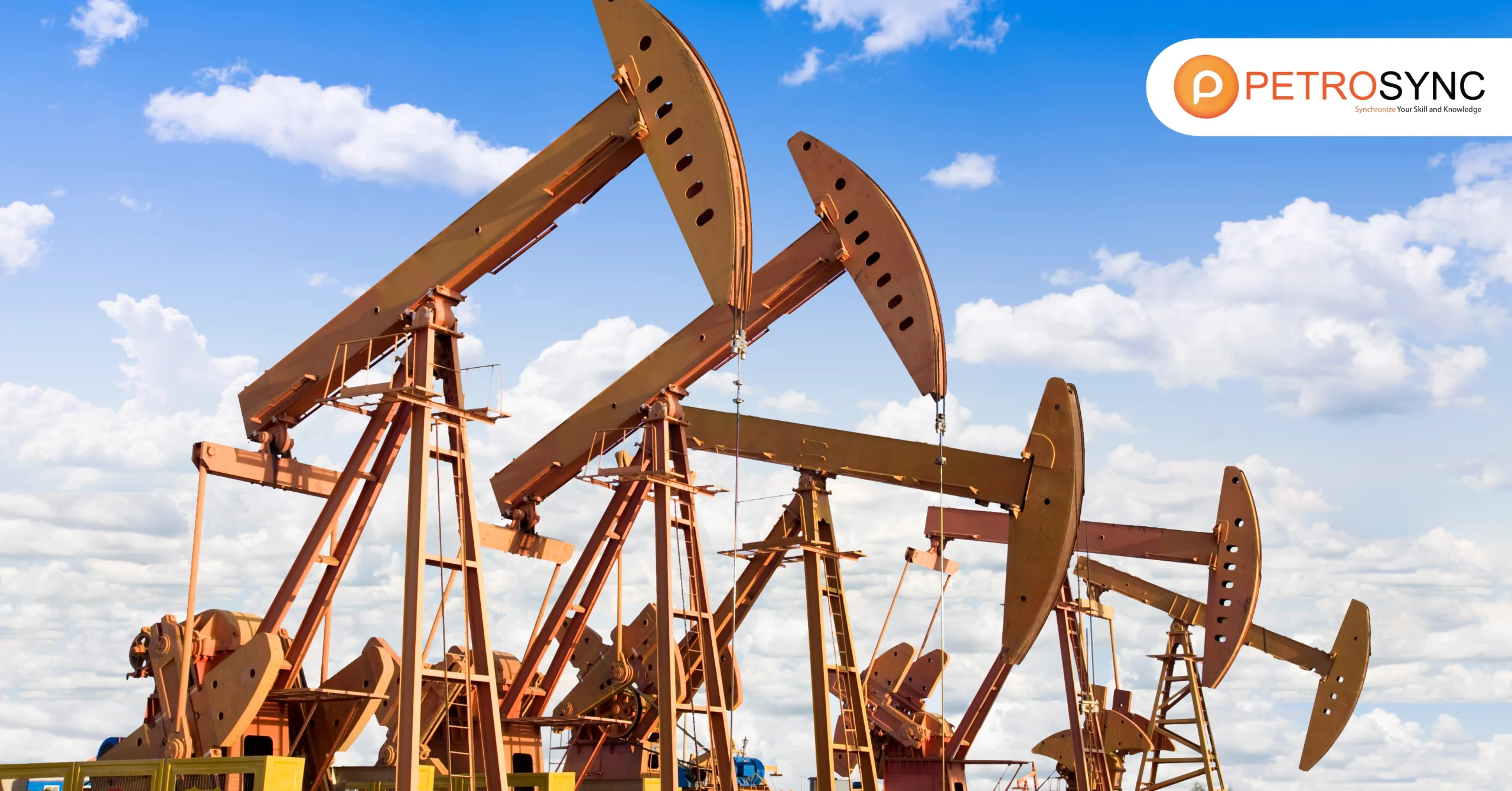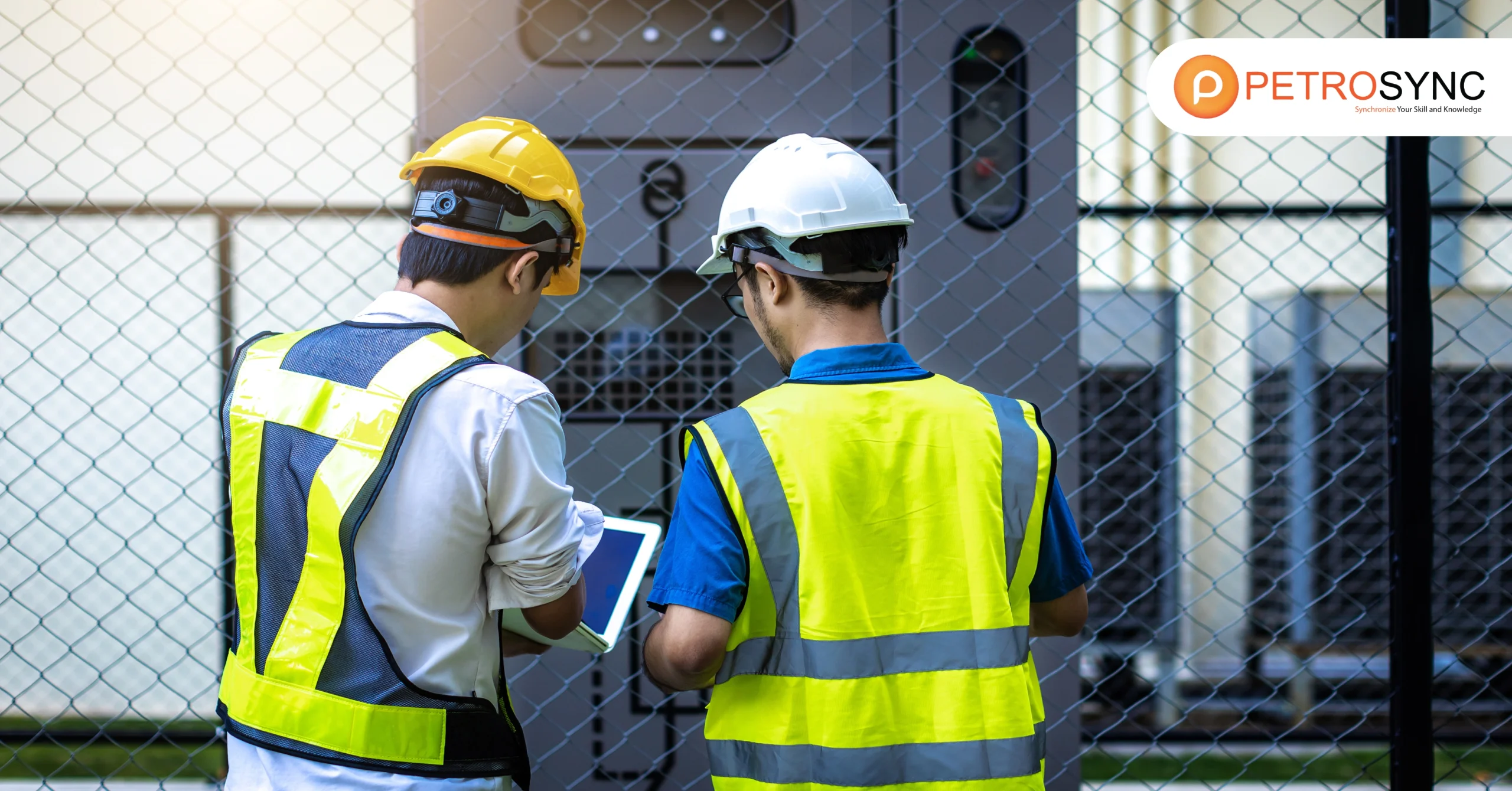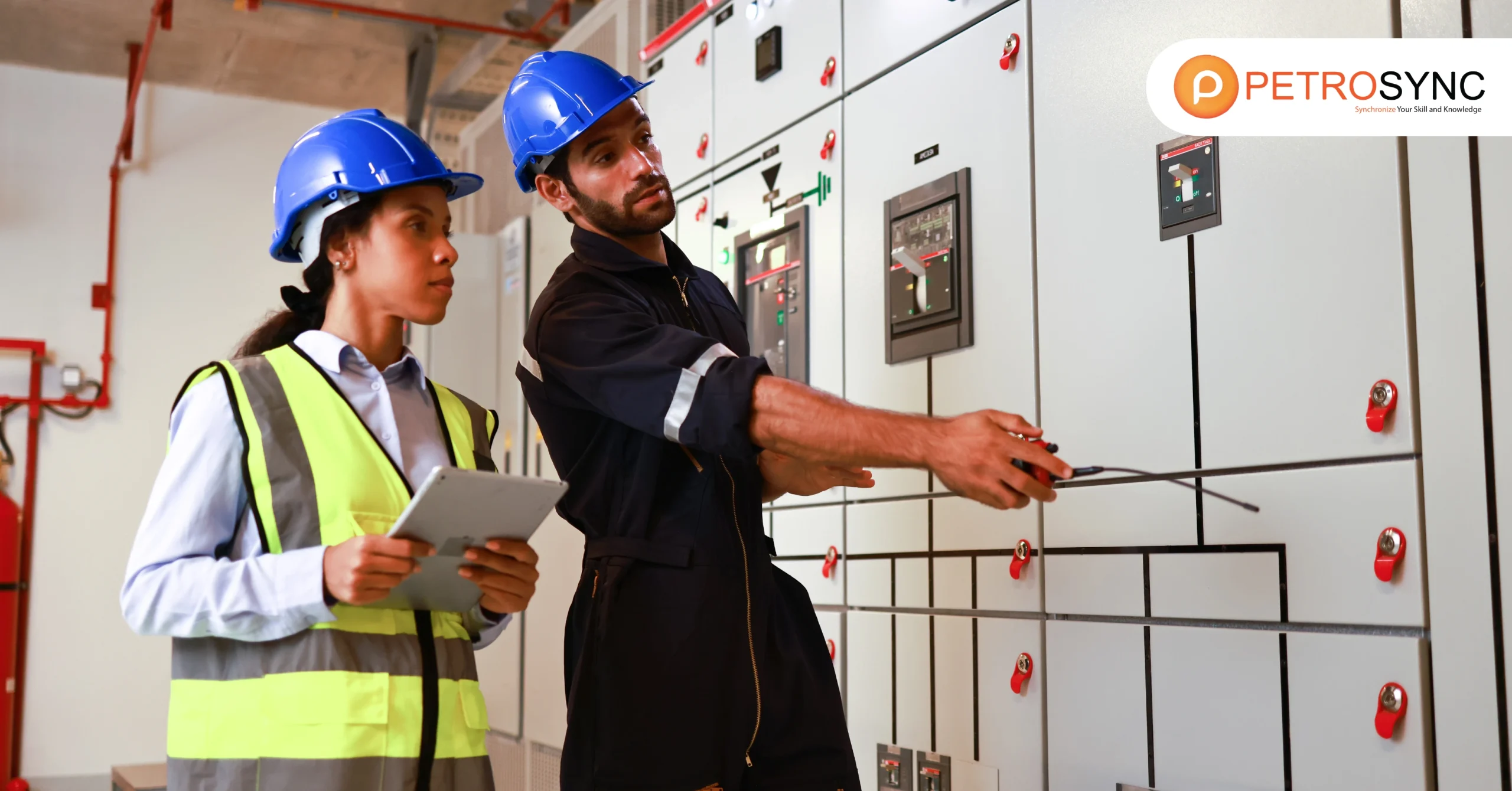Corrosion is a constant challenge in industries such as oil, gas, and petrochemicals, where asset integrity is paramount. The complexities of identifying, understanding, and mitigating corrosion-related issues necessitate specialized knowledge and skills. If you’re a professional in the energy sector looking to deepen your understanding of corrosion and failure mechanisms, the API 571 course is designed specifically for you. This course is vital for professionals who want to broaden their knowledge and ensure the lifespan and safety of their infrastructure.
What Is API 571?
The American Petroleum Institute (API) has set standards across several disciplines to ensure the safety, integrity, and performance of the oil and gas industry. API 571 primarily addresses the Damage Mechanisms Affecting Fixed Equipment in the Refining Industry. This standard gives a thorough understanding of the many types of damage and deterioration that fixed equipment might suffer over time. Professionals who fully grasp API 571 may better diagnose and prevent corrosion and other forms of degradation, ensuring the safety and life of their assets.
Related article : API 571 Training: Damage Mechanism in Fixed Equipment
What Is API 571 Course?
The PetroSync API 571 course is a comprehensive training program that provides students with a solid understanding of damage mechanisms as outlined by the API 571 standard. PetroSync’s training will provide attendees with essential insights into the causes, detection, and control of a wide range of corrosion-related concerns, assisting them in identifying and addressing issues that may lead to equipment degradation and failure in corrosive environments. This course is specifically designed for industry specialists who work directly with assets exposed to such conditions, ensuring that they are well-prepared to face these difficult situations with confidence. Participants who complete PetroSync’s program will have the knowledge and abilities required to effectively control corrosion concerns, increasing the longevity and dependability of their equipment.
What Is The Use Of API 571?
The API Recommended Practice 571, Damage Mechanisms Affecting Fixed Equipment in the Refining Industry, is an essential resource for pressure equipment integrity professionals. This comprehensive guide assists with the entire process of managing equipment integrity—from identifying damage mechanisms to conducting thorough examinations.
Related article : 5 Essential Sources of API 571 Study Materials
API 571 is invaluable to people involved in equipment integrity and maintenance, since it provides insights into damage identification, failure prediction, and preventive measures. By following the concepts indicated in API 571, experts can improve equipment reliability, raise safety standards, and reduce downtime due to maintenance and repairs. Furthermore, this standard helps professionals choose materials, make design changes, and adopt operational methods that successfully limit corrosion hazards.
What Is API 571 Training Course Objective?
- Key parameters in each damage mechanism like material selection, design, fabrication, process control, etc.
- Critical factors involved in damage mechanisms, their prevention/mitigation, and monitoring methods.
- Assessment of various damage mechanisms during Fitness for Service assessments (FFS), Remaining Life Assessments (RLA), or Risk Based Inspection Studies (RBI).
- Selection between various tests and examinations (or combination) to identify, locate and assess damage mechanisms.
- Mitigation methods and techniques.
- Similarities and differences in different damage mechanisms.
Related article : API 571 Training: Mastering Damage Mechanisms Knowledge
What Are API 571 Training Course Outlines?
DAY 1 – Introduction
- Introduction of Trainer & Participants
- Benchmark Quiz & Discussions on the same
- Introduction and Review Of Basic Metallurgy
- Mechanical and Metallurgical Failure Mechanisms
- Graphitization
- Softening (Spheroidization)
- Temper Embrittlement
- Strain Aging
- 885°F (475ºC) Embrittlement
- Sigma Phase Embrittlement
- Brittle Fracture
- Creep and Stress Rupture
- Punch Points
- Quiz & Discussions
DAY 2
- Erosion/Erosion – Corrosion
- Cavitation
- Mechanical Fatigue
- Vibration-Induced Fatigue
- Refractory Degradation
- Reheat Cracking
- Gaseous Oxygen-Enhanced Ignition and Combustion
- Introduction to Corrosion
- Uniform or Localized Loss of Thickness
- Punch Points
- Quiz & Discussions
DAY 3
- Nett Positive Suction Head and Cavitation
- Flue-Gas Dew-Point Corrosion
- Microbiologically Induced Corrosion (MIC)
- Soil Corrosion
- Caustic Corrosion
- Dealloying
- Graphitic Corrosion
- High Temperature Corrosion [>400°F (204°C)]
- Punch Points
- Quiz & Discussions
DAY 4
- Environment – Assisted Cracking
- Chloride Stress Cracking (CI-SCC)
- Corrosion Fatigue
- Caustic Stress Corrosion Cracking (Caustic Embrittlement)
- Ammonia Stress Corrosion Cracking
- Liquid Metal Embrittlement (LME)
- Hydrogen Embrittlement (HE)
- Ethanol Stress Corrosion Cracking (SCC)
- Sulfate Stress Corrosion Cracking
- Refining Industry Damage Mechanisms
- Punch Points
- Quiz & Discussions
DAY 5
- Sour Water Corrosion (Acidic)
- Sulfuric Acid Corrosion
- Aqueous Organic Acid Corrosion
- Environment-Assisted Cracking
- Punch Points
- Quiz & Discussions
- Final Examinations & Feedback
Who Should Attend API 571 Training Course?
- This course is specifically beneficial for personnel involved in and responsible for determining a cause for damage(s) / deterioration(s) observed or anticipated and for probability and degree of further damage that might occur in the future during FFS assessments, RLA, Risk-based inspection studies, etc.
- It also assists inspectors and examiners to perform their tasks effectively during in service Inspection of pressure vessels, piping, and tanks.
- It is beneficial for engineers, supervisors, and managers who are responsible for decision-making during the assessment of mechanical integrity or equipment reliability.
- Process and plant designers can add value during material selection and design by knowing the causes of damage mechanisms at those stages. Operations personnel can understand various parameters affecting the damage mechanisms. Personnel involved in the mitigation/monitoring of damage mechanisms shall have knowledge of various examination and testing techniques.
Related article : API 571 Certification: Elevate Your Career in Oil & Gas Industry
What Is The Benefit of API 571?
Completing the API 571 course has a number of advantages, including:
- Enhanced Knowledge – Participants receive a complete understanding of the corrosion and degradation mechanisms that affect refining equipment.
- Improved Safety and Reliability – Professionals can reduce the likelihood of equipment failure by understanding how to identify and mitigate damage mechanisms, thus improving overall safety and reliability.
- Career Advancement – API 571 certification is widely acknowledged in the industry, giving people with credentials that boost their competence and job opportunities.
- Cost Savings – Proactive corrosion management can result in significant cost savings by lowering maintenance requirements, downtime, and equipment lifespan.
What Is The Passing Score For API 571?
To obtain certification, participants must pass the API 571 exam, which assesses their understanding of various damage mechanisms outlined in the standard. Although the passing score is typically around 70%, it is important to check the latest requirements with the training provider, as these requirements may change over time. Preparation is critical, as the exam requires both academic knowledge and practical application of API 571 principles.
Join PetroSync’s API 571 Course For Expert Corrosion Training
For those looking to specialize in corrosion and damage mechanisms, PetroSync’s API 571 course provides an in-depth curriculum led by experienced professionals. With our training, you’ll gain practical insights and knowledge to enhance your skills and safeguard your company’s assets. Sign up today and take a significant step toward becoming an expert in corrosion management in the oil and gas industry.

Results-oriented and thorough SEO specialist with extensive experience in conducting keyword research, developing and implementing digital website promotion strategies and plans, managing campaigns to develop company websites in the digital world, excellent knowledge of marketing techniques and principles, and attentive strong attention to detail.







